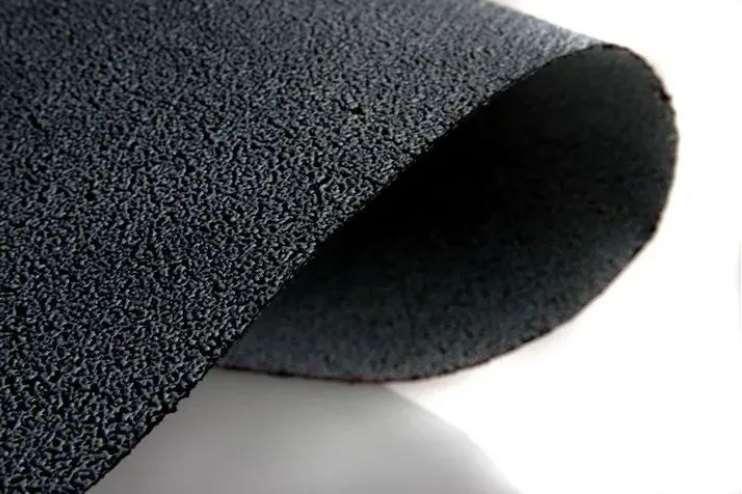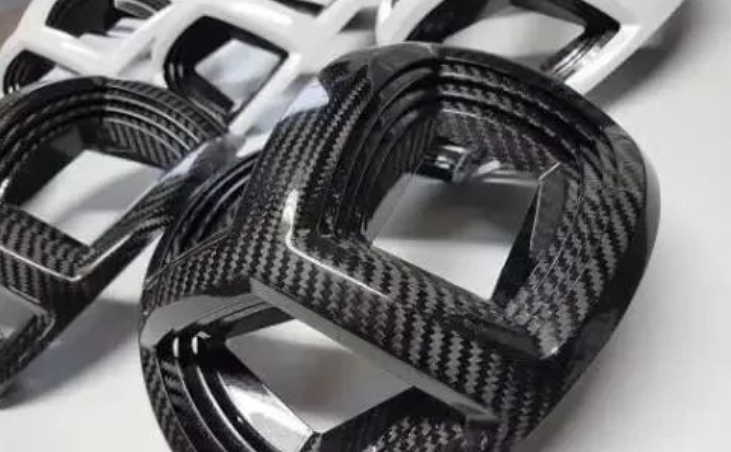Teijin Corporation (Tokyo, Japan) reported in early April that it had passed NCAMP (National Performance Center for Advanced Materials in Wichita, Kansas, USA) for its carbon fiber and polyetheretherketone (PEEK)-based material Tenax thermoplastic Certification for Woven Fabric (TPWF) and Tenax Thermoplastic Consolidated Laminate (TPCL).

This is the first NCAMP certification for carbon fiber fabric reinforced thermoplastic composites and the first time NCAMP has received certification for pre-consolidated laminates for rapid thermoforming of stamped structural components.
This qualification makes carbon fiber/PEEK fabric and integrated laminate technology available to more OEMs, Tier 1 and Tier 2 suppliers. Manufacturers can use the public NCAMP database to demonstrate equivalence and obtain FAA certification at a lower cost than the qualifying material itself.
Teijin says it will be of interest to a variety of original equipment manufacturers, who consider using thermoplastic fabrics and stamped forms such as clips and brackets to form the shape. Thermoplastic composites are also attractive to the growing advanced air mobility (AAM) market and traditional commercial aerospace segment given the benefits thermoplastics offer: high build rates, improved crack resistance, melt processing, increased recycling opportunities , room temperature storage and multi-year shelf life.
Tenax TPWF is a carbon fiber woven fabric coated with a thermoplastic polymer. Tenax TPCL is a fully impregnated and consolidated sheet made of multiple layers of Tenax TPWF.
Qualifying products are based on braided Tenax high-strength carbon fibers from Evonik Industries AG (Marua, Germany) and Vestakeep PEEK polymer, which offers high resistance to heat, impact and fatigue.

Teijin said the cost reduction of its qualified Tenax thermoplastic products was achieved through a rapid prototyping process, which improves part manufacturing efficiency. The material is said to be suitable for mass production of aerospace structural components with high performance requirements.
To further support the introduction of this technology, Teijin has created material cards for this specific material for use with AniForm
Engineering software for process simulation. This is expected to help part manufacturers and OEMs optimize thermoforming processes to quickly reap the benefits of these materials.



 微信扫一扫打赏
微信扫一扫打赏
